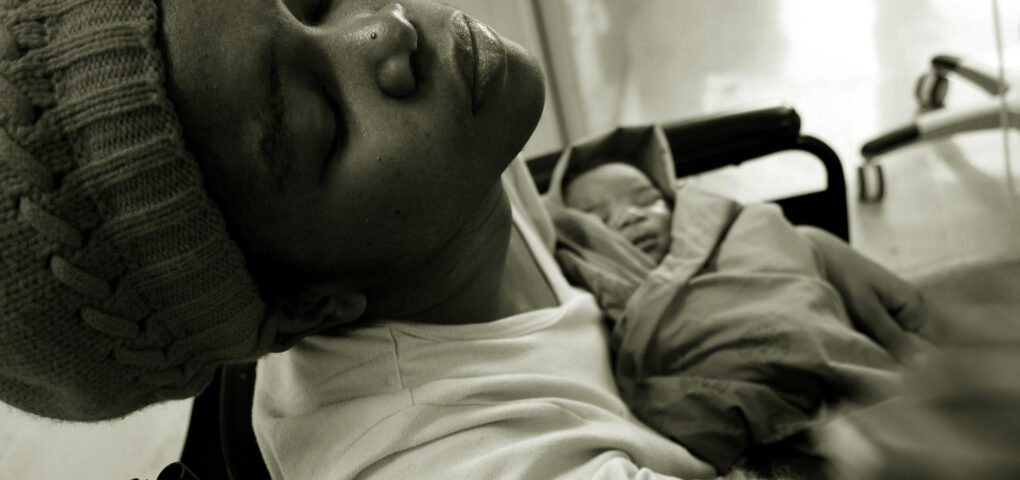Maternal health remains a critical challenge in the Global South, where preventable complications during pregnancy and childbirth claim the lives of thousands of women every year. The issue is deeply rooted in systemic inequalities, weak healthcare infrastructure, and socio-economic barriers. Addressing this crisis is essential for achieving the UN Sustainable Development Goals (SDG 3: Good Health and Well-Being).
High maternal mortality rates remain a pressing concern, particularly in Sub-Saharan Africa, which accounts for 70% of global maternal deaths. Some countries report maternal mortality rates as high as 500 deaths per 100,000 live births. Most of these deaths result from preventable or treatable complications, including severe bleeding, infections, hypertension, and unsafe abortions.
Limited access to skilled healthcare professionals further exacerbates the crisis. Nearly half of births in rural areas occur without a trained birth attendant or midwife, and many women in remote regions face long and difficult journeys to healthcare facilities, often delaying critical medical care. The lack of prenatal and postnatal care is another major issue, as many women receive little to no medical attention during or after pregnancy. A lack of awareness about pregnancy complications often leads to delays in seeking treatment, putting both mother and child at risk.
Adolescent pregnancies present another significant challenge, with high rates of teenage pregnancies increasing the likelihood of complications such as obstructed labor and eclampsia. Cultural and societal pressures often contribute to early marriages and pregnancies, placing young mothers at greater risk. Additionally, restrictive abortion laws and limited access to contraception force many women to resort to unsafe abortions, which are a leading cause of maternal mortality. Each year, nearly five million women require hospitalization due to complications from unsafe abortion procedures.
Maternal malnutrition further complicates the situation, weakening women’s ability to sustain a healthy pregnancy. Poor nutrition increases the risk of anemia, preterm births, and low birth weight, contributing to higher infant and maternal mortality rates.
Why the Problem Exists
The root causes of this crisis are deeply embedded in socio-economic disparities. Poverty remains a major barrier, as many women cannot afford healthcare, transportation, or nutritious food. Weak healthcare systems further contribute to the issue, with many facilities lacking trained medical personnel, essential medicines, and emergency services. Gender inequality is another contributing factor, as cultural norms often prioritize men’s health over women’s and restrict women’s autonomy over reproductive decisions.
A lack of education also plays a critical role in perpetuating maternal health challenges. Low literacy rates limit women’s awareness of maternal health issues and available resources, preventing them from making informed healthcare decisions. Additionally, political and policy gaps hinder progress, with insufficient investment in maternal health programs and a lack of access to family planning resources and contraception.
Addressing these issues requires a multifaceted approach, including policy reforms, investment in healthcare infrastructure, and community-based initiatives to improve education and access to medical care. Only through collective efforts can meaningful progress be made in reducing maternal mortality and ensuring better health outcomes for women in the Global South.

